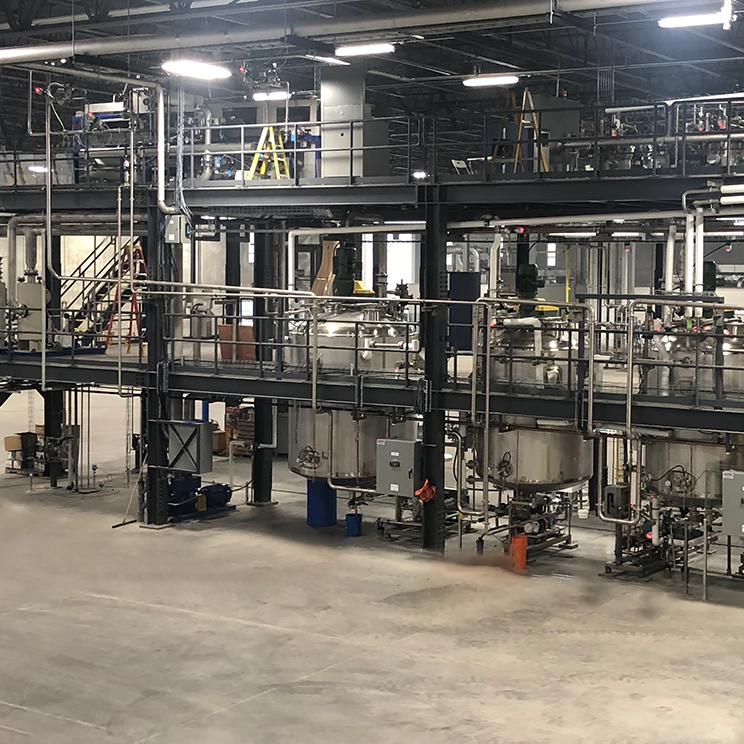Modular construction, once confined to specific niches, is now gaining traction across industries, particularly in the chemical process sector. This innovative approach involves fabricating complete units offsite, then transporting and assembling them at the final destination. A recently published Chemical Engineering article titled “Modular Construction Encourages New Applications”, explores the advantaged of modular construction and why chemical process sector should embrace it.
Unlocking the Potential of Modularity
The appeal of modular construction lies in its adaptability. Whether it’s a laboratory-scale experiment or a large-scale industrial endeavor, the benefits are tangible. By including all necessary components within a structural module, including equipment, piping, and controls, projects can be executed with precision and efficiency. This approach streamlines construction and facilitates seamless scalability, allowing for future expansion with minimal disruption.
Navigating Complexity: When Modular Makes Sense
While modular construction offers a myriad of benefits, its applicability varies depending on project complexity and scale. Industry experts emphasize the importance of evaluating each project’s unique requirements to determine the optimal approach. Factors such as size, location, and logistical considerations play a pivotal role in decision-making. Moreover, the rise of hybrid modules underscores the industry’s ingenuity in overcoming size limitations while maximizing efficiency.
Embracing Efficiency and Safety
One of the standout advantages of modular construction is its commitment to safety. By conducting fabrication in controlled environments, the risk of on-site accidents is significantly reduced. Additionally, the standardized processes employed in modular construction yield cost savings and ensure consistency in quality. From fixed pricing structures to streamlined workflows, every aspect is meticulously designed to enhance efficiency and mitigate risks.
Sustainability and Beyond
The allure of modular construction extends beyond traditional applications, with sustainability emerging as a driving force. Industries exploring decarbonization, biofuels, and recycling are leveraging modular construction to expedite their initiatives. By capitalizing on the speed-to-market advantage offered by modularization, these endeavors are poised to reshape the landscape of sustainability. Furthermore, the flexibility of modular construction enables seamless scalability, paving the way for future growth and innovation.
Seamless Integration
As modular construction continues to evolve, so does automation. Traditionally, control systems posed a challenge in modular projects, requiring extensive customization and integration efforts. However, advancements in automation technology have revolutionized this aspect, enabling plug-and-play functionality similar to consumer electronics. Standardized communication protocols and modularized automation systems ensure seamless integration, further enhancing the efficiency and reliability of modular construction.
To read the full “Modular Construction Encourages New Applications” article that appeared in Chemical Engineering magazine, click HERE.
